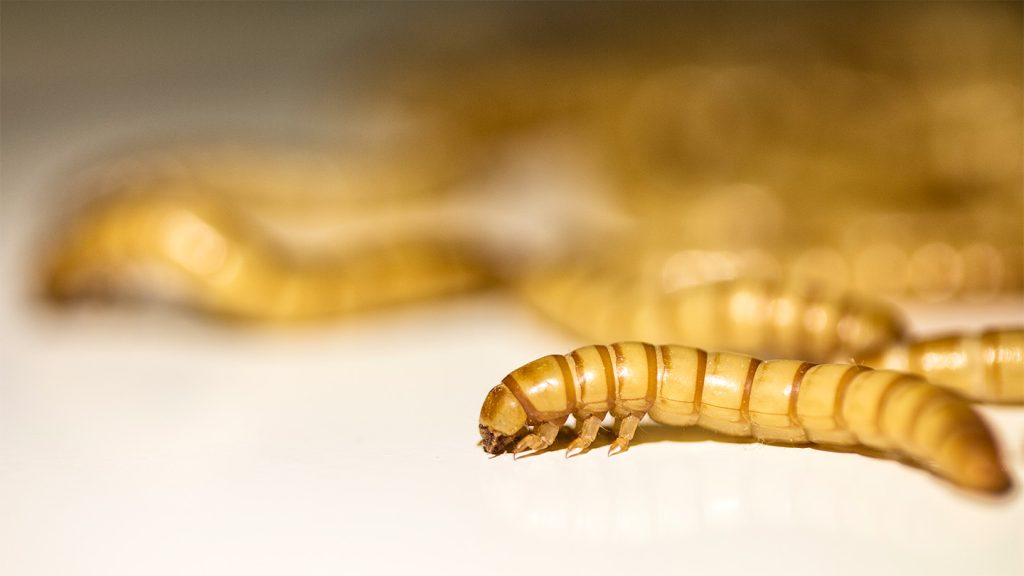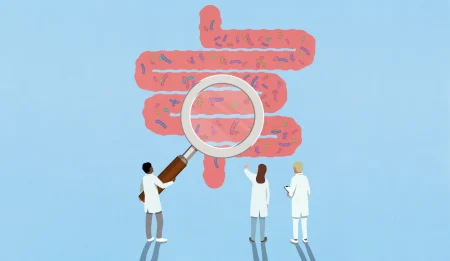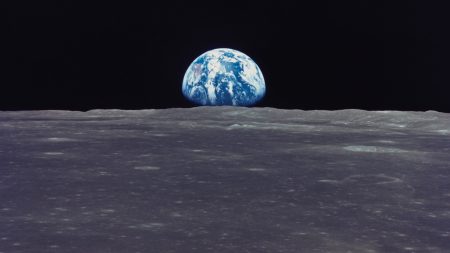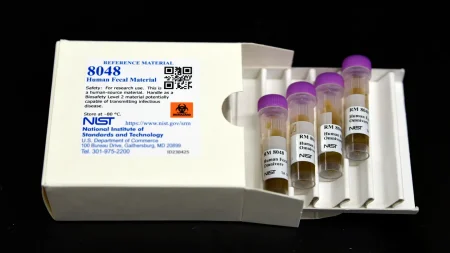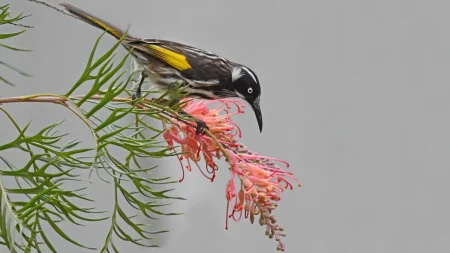Insects are increasingly being viewed as potential allies in the fight against plastic pollution, which has become a pressing environmental issue. Scientists are investigating the ability of insects, particularly mealworms, to consume plastic waste, particularly in light of the staggering amounts generated by modern society. Recent studies highlight the extraordinary adaptability and varied diets of certain insect species, revealing their capacity to digest various types of plastics. Despite these promising findings, researchers have found that the scale and speed of plastic waste generation, especially in the context of disposable items like face masks, far exceeds the capabilities of these insects to make a meaningful impact on pollution alleviation.
The study led by ecologist Michelle Tseng at the University of British Columbia provides a more realistic approach to understanding how effective insects could be in mitigating plastic pollution. Tseng’s team evaluated the consumption of real-world plastic items, specifically disposable face masks, rather than focusing on powdered versions or simplified plastic structures that were previously used in experiments. The researchers prepared two types of masks—one made from the conventional polypropylene and the other from a plant-based polymer, polylactic acid. They aimed to expose the mealworms to the complexities of actual waste materials, which contain additional substances that could influence the degradation process.
In their experiment, the researchers also created a “face mask granola,” which incorporated microplastic particles derived from the masks, mixed with wheat bran to create a more palatable food source for the mealworms. The immediate consumption of this specially prepared granola showed that mealworms are willing to eat and digest plastic. Notably, the study found that the ingestion of plastic did not significantly impact the lifespan of these insects, although concerns arise regarding the implications of feeding such microplastic-laden organisms to higher members of the food chain, such as poultry.
While the findings present exciting avenues for research, they also underscore limitations in relying solely on mealworms and similar insects to solve the plastic crisis. The researchers calculated that it would take an enormous quantity of mealworms—specifically, 100 of them taking around 138 days to consume just one disposable face mask. Given the staggering consumption patterns during the COVID-19 pandemic, where billions of masks were used daily, the potential for mealworms alone to address this waste on any meaningful scale is minuscule.
The researchers advocate for an alternative approach that focuses on understanding the biochemical processes and microbial partners within these insects rather than using them purely as recyclers. By delving deeper into how insects break down plastic, scientists may discover innovative methods to enhance waste processing and create practical solutions for reducing plastic waste. This perspective emphasizes the need to shift towards less plastic consumption as a fundamental strategy to combat pollution effectively.
Ultimately, while the potential for insects like mealworms to contribute to environmental solutions is compelling, the sheer scale of the plastic problem necessitates a multifaceted approach that includes reducing plastic production and improving waste management systems. Recognizing the limits of biological solutions highlights the urgency with which society must confront the plastic crisis, making it clear that insect consumption cannot be viewed as a standalone remedy but rather as one element in a broader strategy to protect the environment.




